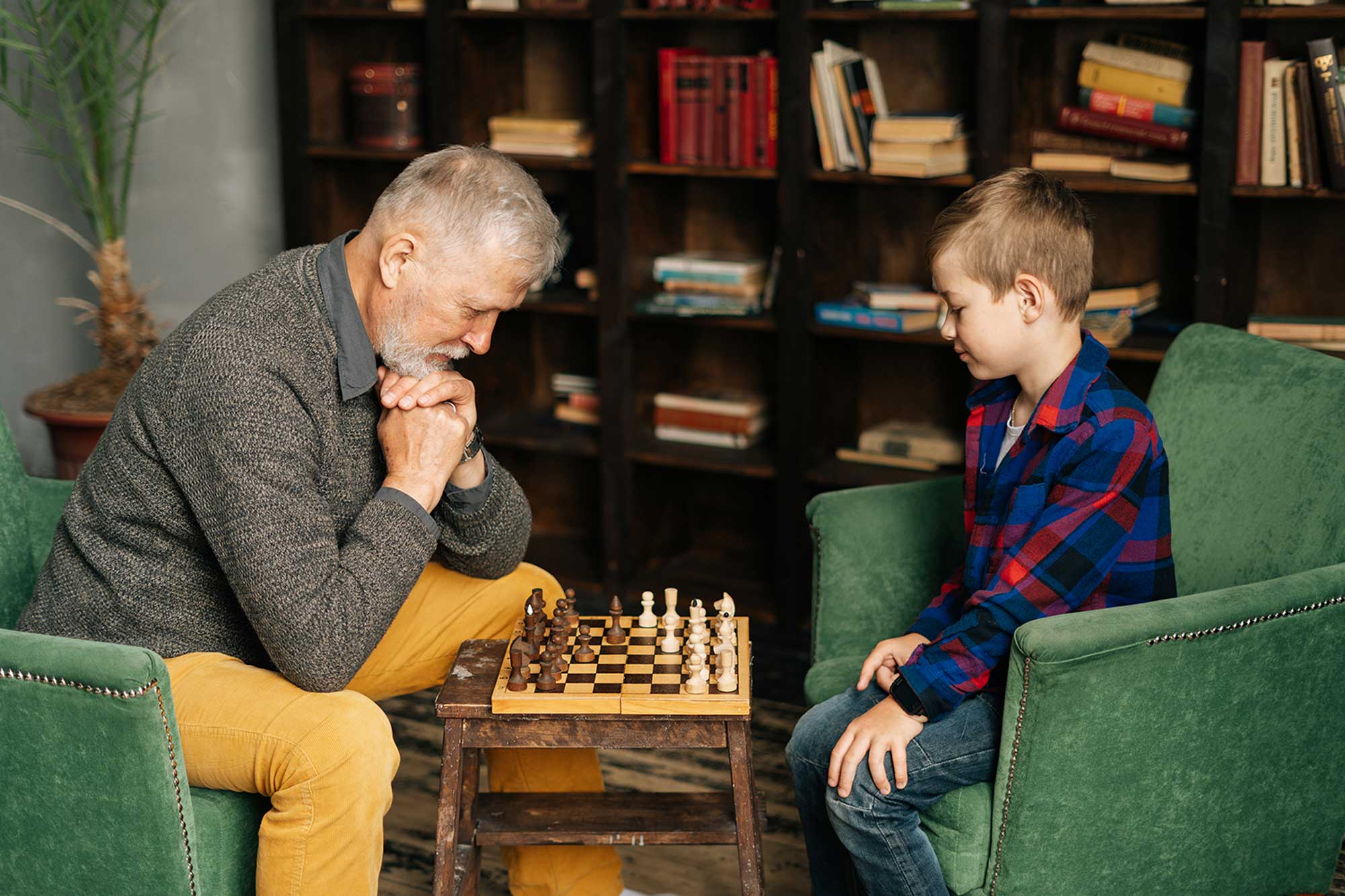I’ve often wondered if there’s a mathematics to human agency. Certain correlations are familiar: x income level in y region will qualify you to feel “financial freedom”; the amount of social capital you have will implicate the security you feel in choosing a given job or spouse; the number of words spoken aloud to you by the age of four will help stack the deck on whether you eventually enroll in a university or find yourself shut out of large sectors of the economy.
But there are less tangible questions worth exploring. For instance, how many chords of a positive emotional tenor need to be present in your family environment in order to feel courageous enough to pursue growth-inducing adventures beyond home base? How much trust has to be betrayed at what levels of attachment before you withdraw and live with a low hum of suspicion? How many slights do you have to endure before you stand up for the dignity of self and those within your care?
Five months into this pandemic, it appears that time itself is another one of these variables. Since the initial shock of a world disrupted, the external threat of an invisible contagion forcing most of us to hunker down and watch and wait, we’ve since adjusted to a new, uneasy normal that many scientists say could endure for years. And with that adjustment has come a slow revival—for many—of our own agency before the larger force. An agency that feels like permission to be more creative than ever.
According to the Pew Research Center, a whopping one-fifth of US adults have moved due to COVID-19, or know someone who has. It was only November of last year that the US Census Bureau reported a historic low in mobility. Reasons for this year’s leap in relocations are many: New York City is no longer the same New York City—why pay prohibitive rents for tiny studios when the restaurants are barely open? Some express fears of heightened crime in a year of protest. Others have been forced to move by job loss, or have opted to live this year’s prescribed confinement in the company of family and familiar street corners.
On this week’s podcast, I had a chance to speak with Lead for America’s Benya Kraus and Joe Nail, two young people who were already out front in seeing the need for a new compass of value. Lead for America attracts recent college graduates who are game to do the traditionally unpopular thing—return home. Most of the towns and even cities where these fellows hail from are considered forgotten, not unlike the Graham County in Appalachia that Breaking Ground contributor Andrew Wainer illustrated these last couple of weeks. Lead for America provides a paid, two-year fellowship that equips and supports young people in proximate, culturally humbled, and empowering service at all levels of local government and civil society.
It’s a rich interview, and Benya and Joe are bright lights illuminating the way for a searching generation to find purpose and belonging—not in prestige or status or even socially sanctioned security, but in something altogether different, namely, a place. As more than a fifth of our population is relocating after asking themselves what and who they truly love and what kind of community they want to be a part of, what Joe and Benya are fostering in the desires of a new generation is something worth heeding.
To place. And a wider, more humane palate of decision-making criteria.






